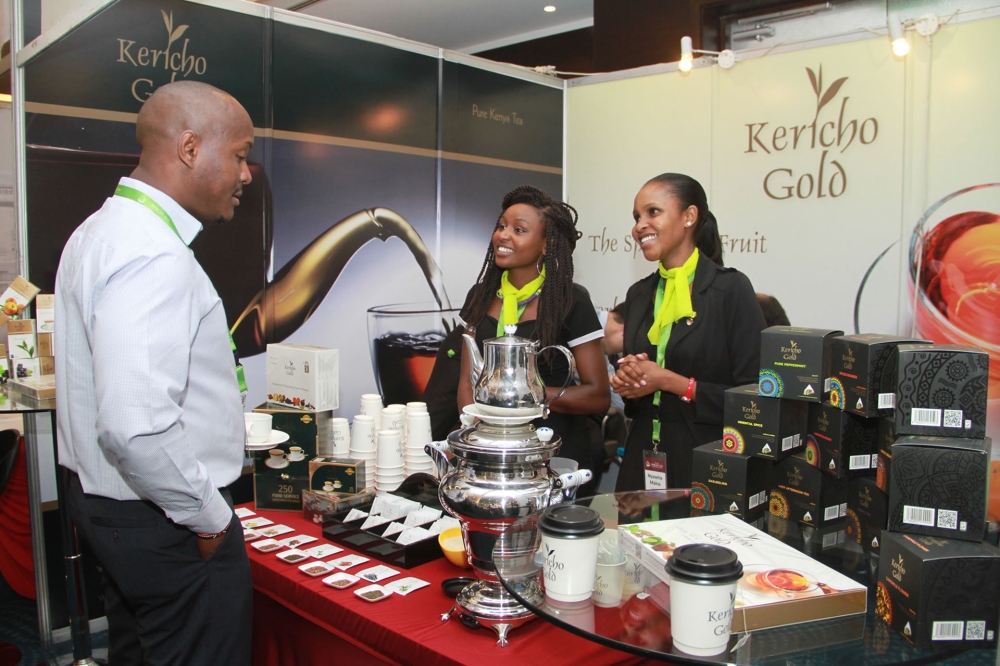Rwanda will host the sixth African Tea Convention and Exhibition from October 9 to 11 at the Kigali Conference and Exhibition Village. The event is organized by the East Africa Tea Trade Association (EATTA), the Rwanda Tea Association (RTA), and the National Agricultural Export Development Board (NAEB).
This year’s theme is “Harmony in the Cup: Promoting Tea for People and the Planet.” This marks Rwanda’s second time hosting the event, following the successful second edition in 2013.
The convention offers a unique platform for stakeholders to connect with global leaders in the tea industry, including technology experts, agricultural input suppliers, researchers, investors, logistics specialists, tea packers, shippers, and other professionals involved in the tea value chain.
Discussions will focus on innovations, sustainability, and the future of tea production and trade in Africa.
NAEB Chief Executive Officer Claude Bizimana expressed pride in Rwanda’s role as host. “It is an honor for Rwanda to once again host the Africa Tea Convention after the success of the 2nd African Tea Convention in 2013,” he said. “Rwanda is happy to showcase its high-quality tea industry, built on good governance, modernized processes, and advanced technologies. This convention provides a unique opportunity to engage, share insights, and shape the future of Africa’s tea sector.”
George Omuga, Managing Director of EATTA, emphasized this year’s focus on sustainability and the socio-economic significance of tea in Africa. “This year’s convention showcases African tea production while exploring technologies that are transforming the tea value chain,” he noted, thanking the Government of Rwanda, RTA, and event sponsors for their support.
Omuga added that the event will highlight the critical role tea plays in Africa’s economic development. “Tea is not just a crop; it’s a lifeline for millions. The tea industry provides employment opportunities, uplifts rural communities, and significantly contributes to GDP and foreign exchange earnings,” he said.
Since 2005, Rwanda’s tea sector has funded over 659 community projects, positively impacting the country’s development, particularly in rural areas. According to the National Agricultural Export Development Board, tea production has steadily increased from 5,910 tons of processed tea in 1980 to 40,003 tons by June 2024.

